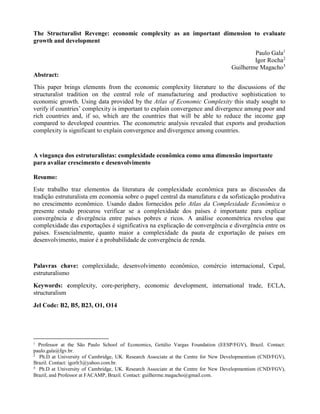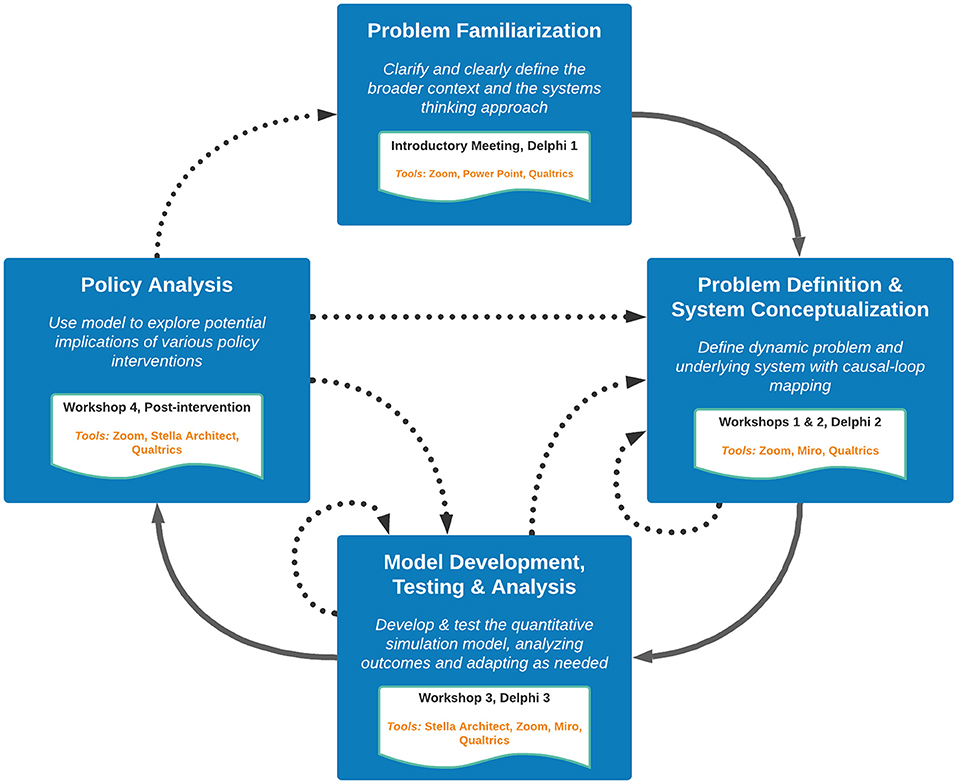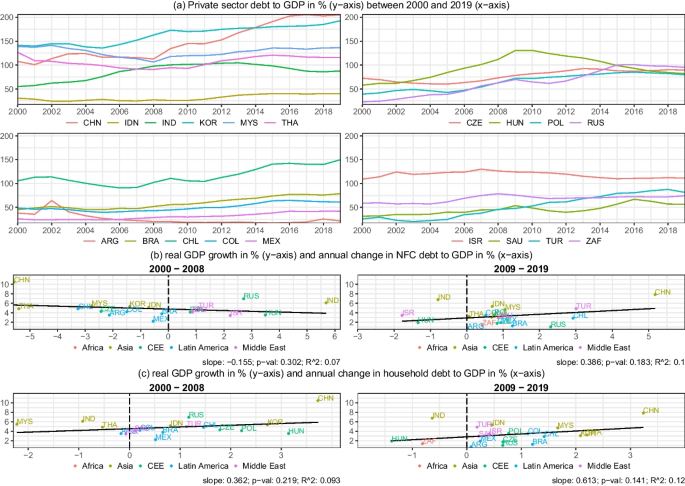The structuralist revenge: economic complexity as an important
4.6 (596) · $ 25.50 · In stock
The structuralist revenge: economic complexity as an important dimension to evaluate growth and development - Download as a PDF or view online for free
This working paper brings elements from the economic complexity literature to the discussions of the structuralist tradition on the central role of manufacturing and productive sophistication to economic growth. Using data provided by the Atlas of Economic Complexity this study sought to verify if countries’ complexity is important to explain convergence and divergence among poor and rich countries and, if so, which are the countries that will be able to reduce the income gap compared to developed countries. The econometric analysis revealed that exports and production complexity is significant to explain convergence and divergence among countries.
Authors: Autor
Gala, Paulo
Rocha, Igor
Magacho, Guilherme
FGV's Sao Paulo School of Economics (EESP)

Causes of World War I - Wikipedia

Growth drivers in emerging capitalist economies: building blocks for a post-Keynesian analysis and an empirical exploration of the years before and after the Global Financial Crisis

Relatedness, Economic Complexity and Convergence Across European Regions

The 5th Report Towards the Localization of the SDGs by UCLG CGLU - Issuu

PDF) PROSPECTIVE PRODUCTION: TO A COMPLEXITY ECONOMY ENRIQUE ALBERTO VÁZQUEZ CONSTANTINO

The structuralist revenge: economic complexity as an important dimension to evaluate growth and development

The structuralist revenge: economic complexity as an important dimension to evaluate growth and development

Frontiers Using Participatory System Dynamics Modeling to Address Complex Conservation Problems: Tiger Farming as a Case Study

Faculty Publications - Department of English Language and Literature

Opinion The Men — and Boys — Are Not Alright - The New York Times

PDF) The Economic Complexity Index (ECI) and Output Volatility: High vs Low Income Countries

Growth drivers in emerging capitalist economies: building blocks for a post-Keynesian analysis and an empirical exploration of the years before and after the Global Financial Crisis

Capital and Ideology Summary of Key Ideas and Review


:max_bytes(150000):strip_icc()/robin-arzon-fb-2000-747e600d45544c97957a9ca93962f40a.jpg)






